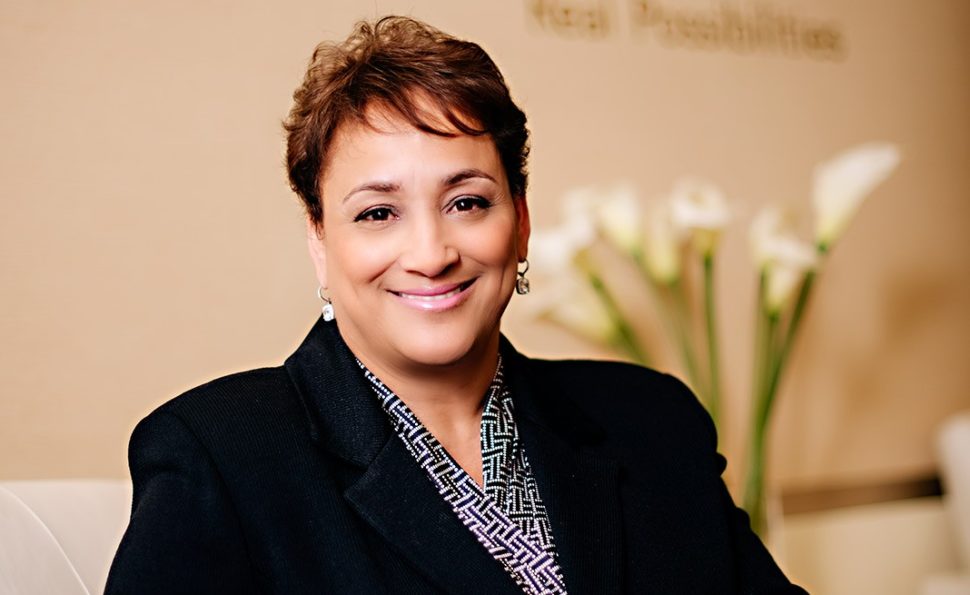It is becoming more and more clear that we are anything but alone in our mission to change the way we age: not only have we recently joined forces with Samsung, but it has also become evident that the AARP – the biggest US association of retired persons, with more than 37 million members – is completely on our side too!
CEO Jo Ann Jenkins’ words at the HIMSS Connected Health Summit last week were a direct endorsement of everything we stand for: shifting attention from physical and mental diminishment to physical and mental fitness, from treatment to prevention, from dependent patients to empowered users and from uncertain access to care to dependable access to care for everyone!
During her talk, Jenkins referred to a statistic from the US Census Bureau: 10.000 people turn 65 every day – a trend that will continue every day for the next fifteen years. She goes on to explain that most people think that the answers to the questions about what leads a long and healthy life lie almost entirely in genetics. This is a misconception, she points out. “In fact only 20 percent of health status is due to genetics. Another 20 percent is due to medical care we receive, and the remaining 60 percent is down to the choices we make throughout our lives: what we eat, how much and what kinds of exercises we do, where we live, the quality of our relationships, whether or not we choose to smoke, and our ability to handle everyday stress.”
What this shows, among other things, is how important it is to shift our focus from treatment to prevention: the insight we gain into our health – through unobtrusive monitoring systems like the one that is embedded in our Go Live Phone software – enables us to address exactly the choices that make up this 60 percent, thereby taking the biggest part of what leads to a long and healthy life into our own hands!
According to Jenkins – and us -, this is exactly what the current health care system lacks. “It is focused on the treatment of ailments, rather than on preventing disease and improving a person’s wellbeing. We simply cannot continue to keep doing the same thing we’ve been doing, with regard to health. We have to embrace the new vision of health that emphasises wellbeing.”
We obviously could not agree more, and are pleased to see this realisation steadily taking root in the global health care sector. Jenkins even referred directly to mobile health care as the solution. “Physical and mental diminishment are things that happen to us if we don’t do anything to stop them,” she explained. “Physical and mental fitness are the results of things we do to achieve them. Fitness demands an approach, while diminishment is passive. We need to seek more and better information, to help us make healthier decisions. In order to do this, we need tools to help us adapt lifestyle changes that lead us towards physical and mental fitness – and that enhance our wellbeing, not just treat our ailment!”




